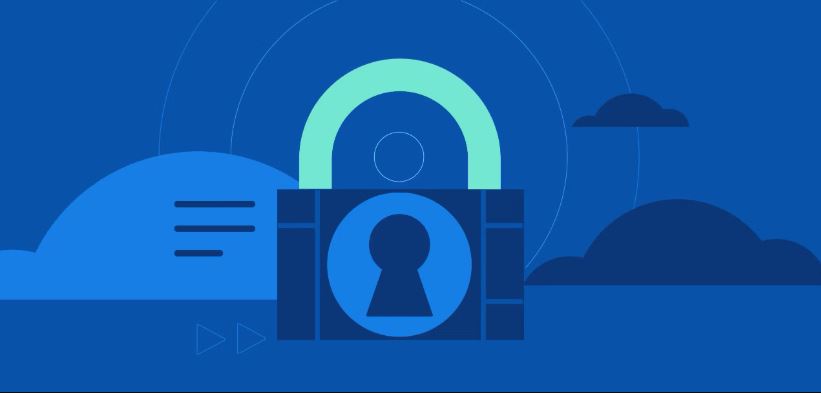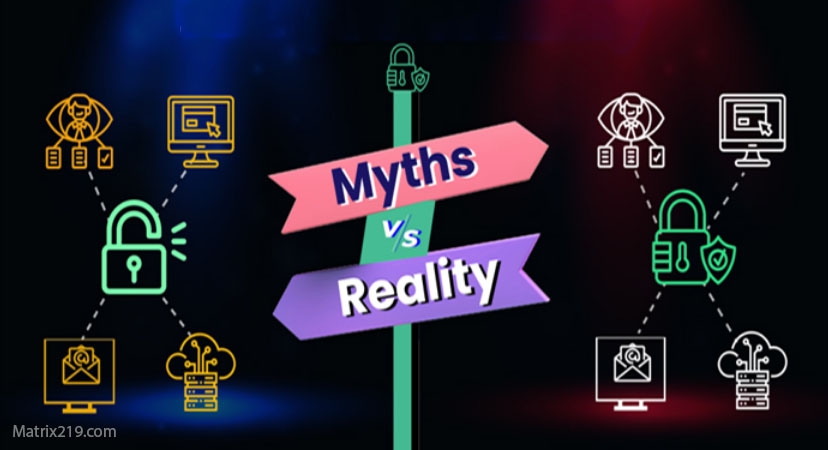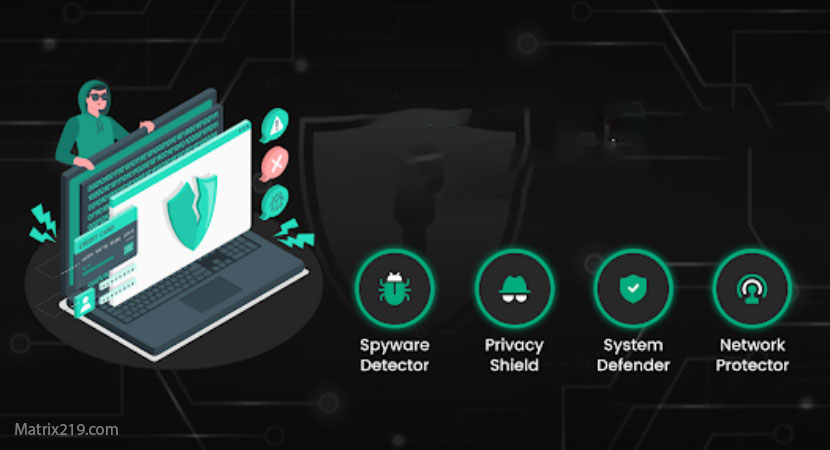As the Matrix ecosystem continues to grow, there is an increasing need for scalable, secure, and reliable cloud infrastructure to support decentralized communication. Matrix Cloud addresses this need by providing cloud-based solutions that integrate seamlessly with the Matrix Network, enabling organizations, developers, and users to leverage federated communication, AI, blockchain, and decentralized applications with ease.
Matrix Cloud enhances accessibility, scalability, and security, making it easier for businesses and communities to deploy Matrix services without the need for extensive hardware or complex configurations.
This article explores Matrix Cloud in depth, covering its architecture, key features, benefits, challenges, real-world applications, and its role in shaping the future of decentralized communication in the cloud.
What Is Matrix Cloud?
Definition
Matrix Cloud is a cloud-based infrastructure and service platform for the Matrix ecosystem that allows users to deploy, manage, and scale Matrix homeservers, clients, and applications securely and efficiently.
Purpose
Matrix Cloud aims to:
-
Provide scalable and secure cloud hosting for Matrix services
-
Simplify deployment and management of homeservers
-
Enable seamless integration with Matrix AI and Matrix Blockchain
-
Offer privacy-focused cloud solutions for organizations and individuals
Difference Between Matrix Cloud and Traditional Cloud
-
Traditional Cloud: Centralized, vendor-controlled infrastructure
-
Matrix Cloud: Decentralized, federated, privacy-focused cloud for Matrix services
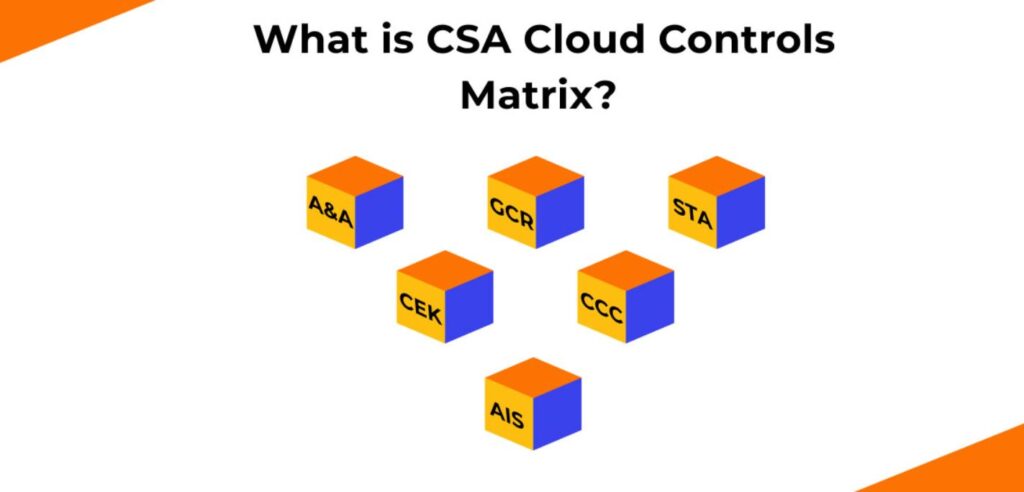
Architecture of Matrix Cloud
Cloud-Based Homeservers
-
Matrix Cloud hosts homeservers like Synapse, Dendrite, or Conduit
-
Provides automatic scaling based on server load
-
Maintains federation with other Matrix servers
Integration With Matrix Blockchain
-
Anchors communication events to Matrix Blockchain for immutability
-
Supports smart contracts for decentralized applications
AI and Automation
-
Integrates Matrix AI modules for automated moderation, analytics, and workflow automation
-
Cloud-based AI processing while preserving end-to-end encryption
Security Architecture
-
Full end-to-end encryption for messages and files
-
Secure authentication and access controls
-
Redundant and encrypted cloud storage
API Access
-
Provides Matrix API access for developers
-
Enables automation, bot deployment, and dApp integration in the cloud
Key Features of Matrix Cloud
Scalability and Reliability
-
Automatic scaling of homeservers and resources
-
Redundant cloud infrastructure for high availability
End-to-End Encryption
-
Maintains E2EE for all communications
-
Supports encrypted file storage and cloud backups
Federated Network Support
-
Fully compatible with federated Matrix servers
-
Allows bridging with external platforms (Slack, Telegram, Discord)
AI-Driven Services
-
Cloud-hosted AI modules for moderation, analytics, and predictive communication
-
Automates workflows and room management
Blockchain Integration
-
Cloud services anchored to Matrix Blockchain for tamper-proof verification
-
Enables secure and decentralized App hosting
Developer-Friendly Environment
-
Provides APIs, SDKs, and development tools for cloud-based Matrix applications
-
Simplifies deployment of bots, bridges, and Apps
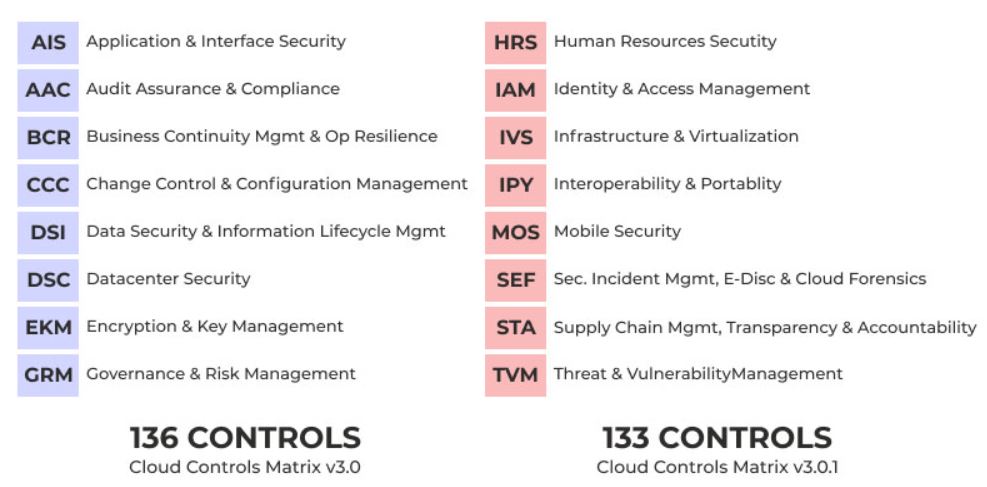
Advantages of Matrix Cloud
Simplified Deployment
-
Users can deploy homeservers without managing complex hardware
-
Reduces operational overhead for organizations
Enhanced Security
-
Centralized management of cloud security policies
-
Supports end-to-end encryption and secure backups
Scalability
-
Cloud resources can grow with user demand
-
High availability and load balancing ensure continuous operation
Privacy and Compliance
-
Privacy-focused cloud infrastructure
-
Compliance with regulations like GDPR and HIPAA
Integrated Ecosystem
-
Seamless integration with Matrix Network, AI, Blockchain, and APIs
-
Supports both individual users and enterprise clients
Challenges and Limitations
Trust in Cloud Providers
-
Requires trust in the cloud service operator for infrastructure management
-
Must balance between decentralization and cloud convenience
Cost Considerations
-
Cloud hosting may introduce subscription or resource costs
-
Optimization needed for large-scale deployments
Performance
-
Real-time communication and AI processing require low-latency cloud solutions
-
Federated synchronization across cloud and on-premises servers may introduce complexity
Data Sovereignty
-
Ensuring that data complies with regional regulations and user preferences
Real-World Applications
Enterprise Communication
-
Deploy Matrix homeservers in the cloud for secure internal messaging
-
AI-driven workflow automation and analytics
Government Services
-
Cloud-hosted Matrix servers for secure, federated government communication
-
Blockchain verification for official records
Education and Research
-
Virtual classrooms, collaborative research, and AI-assisted learning
-
Scalable homeservers for educational institutions
Activist Networks
-
Secure and resilient communication channels hosted in the cloud
-
AI moderation and tamper-proof verification
Internet of Things (IoT)
-
Federated IoT networks with secure cloud communication
-
AI-powered automation and predictive maintenance

Matrix Cloud and the Matrix Ecosystem
Element Client Integration
-
Fully compatible with cloud-hosted homeservers
-
Supports end-to-end encryption and AI-assisted features
Developer Opportunities
-
Deploy cloud-hosted bots, bridges, and dApps
-
Use APIs for automation, analytics, and custom applications
Federation and Interoperability
-
Cloud-based homeservers federate seamlessly with on-premises or other cloud servers
-
Bridges maintain interoperability with external platforms while respecting encryption
Future of Matrix Cloud
Global Federation
-
More organizations may adopt cloud-hosted homeservers for decentralized communication
-
Easier federation across regions and organizations
AI and Automation Expansion
-
Advanced AI services hosted in the cloud for real-time moderation, analytics, and workflow optimization
Blockchain Integration
-
More communication events anchored to Matrix Blockchain for secure verification
-
Cloud-hosted dApps gain trustless verification and decentralized logic
Scalability and Performance
-
Next-generation cloud architecture for lower latency and higher efficiency
-
Optimized for large federated networks and high-volume communication
Privacy-Centric Cloud
-
Enhanced privacy measures to maintain user control over data
-
Encrypted cloud storage and secure backups
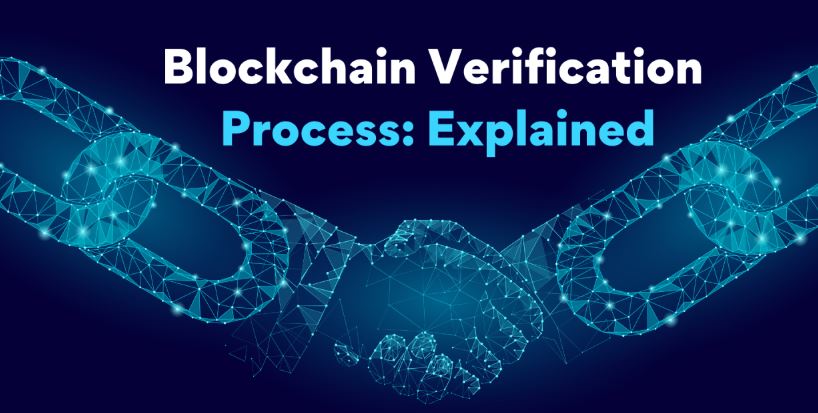
Conclusion
Matrix Cloud provides a scalable, secure, and privacy-focused cloud infrastructure for the Matrix ecosystem, enabling organizations, developers, and users to deploy homeservers, AI modules, and blockchain services efficiently.
By integrating Matrix Protocol, Matrix AI, Matrix Blockchain, and Matrix API, Matrix Cloud ensures that decentralized communication remains secure, scalable, and interoperable, while simplifying deployment and management for both individuals and enterprises.
With continued innovation in AI, blockchain, and cloud technology, Matrix Cloud is poised to become a central pillar of the decentralized communication ecosystem, supporting the future of secure and intelligent federated networks.
